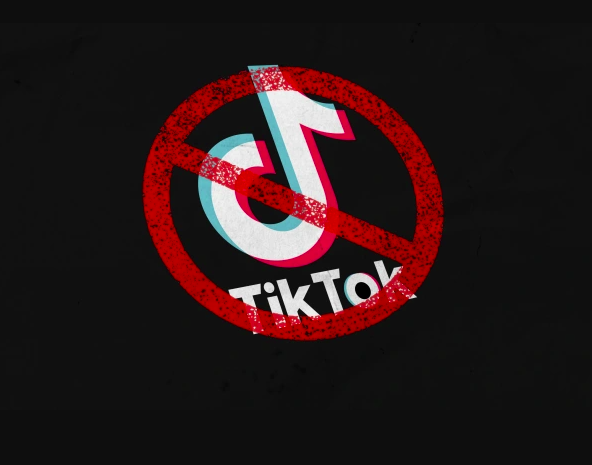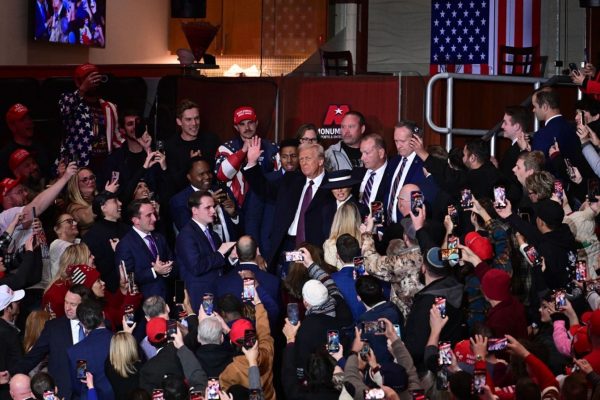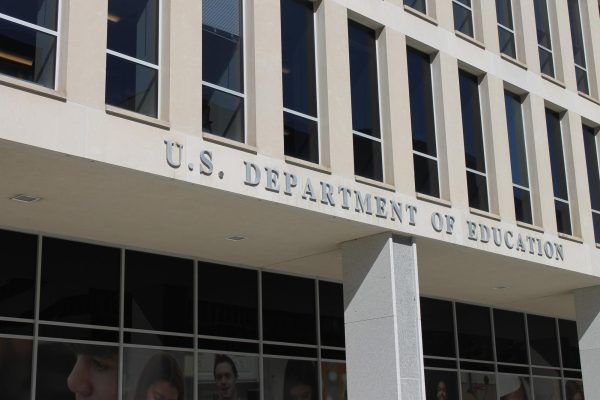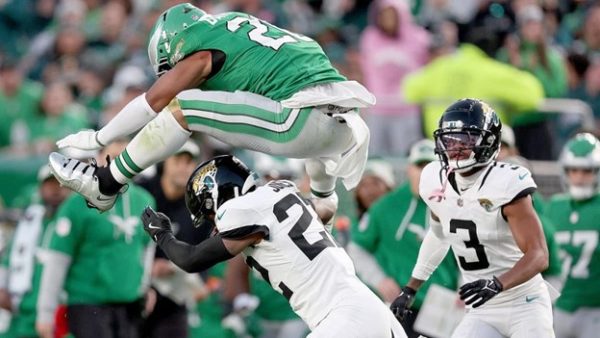Everything to Know About the Potential TikTok Ban and What It Could Mean
Last Thursday, TikTok CEO Shou Zhi Chew testified before Congress regarding the safety of TikTok users and their information. It may seem a little excessive for the company’s chief executive to be interrogated for five hours about an app based on dancing and entertainment. Still, the government perceives this as a matter of national security.
What’s Wrong with TikTok?
In TikTok’s privacy policy, the company discloses that it can track users’ IP addresses, apps and files, payment information, and the kicker—keystroke patterns. In other words, the app can track everything about your phone, including what you type.
The app uses this information, ranging from your device type to your private text messages, to cater advertisements to users and personally recommend videos. In other words, TikTok’s “For You” page really is for you.
Why is this a Big Deal?
Does anyone like an app stealing their perfect information? No. Of course not. But if it is ultimately benefitting the user with more catered advertisements and videos they will enjoy more, what’s the big deal?
The real issue with TikTok comes from its parent company ByteDance, which is based in China. Congress theorizes that the Chinese government could be forcing ByteDance to hand over information on American users, although it is unclear as to whether this is true.
When asked if ByteDance had spied on Americans through orders from the government, Chew answered, “I don’t think that spying is the right way to describe it.” This evasive answer raised concerns about TikTok, even though Chew claimed information is only used for internal company purposes.
China’s National Intelligence Law states that corporations must cooperate with the government to collect evidence for ongoing investigations regarding intelligence, so it is not far-fetched that the Chinese government could possess the information of TikTok users.
What is Project Texas?
Project Texas has been brought up many times involving the security of information, but what exactly is it? Chew says all American data is housed on servers from the third-party company Oracle Corp., based in Texas. The idea is that because American information is technically stored in an American company, the Chinese government won’t have access to it under the Intelligence Law.
It is unclear whether Project Texas has been successful in guarding American data. What is known is that the project is not yet complete, so the Chinese government could potentially have access to limited American information for the time being.
What Now?
The US government has already banned TikTok on all phones issued to federal employees out of fear of sensitive information being leaked. Threats have been made for a national ban on TikTok or, at the very least, legislation protecting users from their information being stolen.
Members of Congress widely agree that TikTok is a security concern, but a ban would be difficult to execute. It was already attempted once under the Trump Administration before being shut down over free speech concerns.
Congress is working on a bill that would protect users’ information on all social media platforms without explicitly banning TikTok. Until such a bill is passed, TikTok survives.








